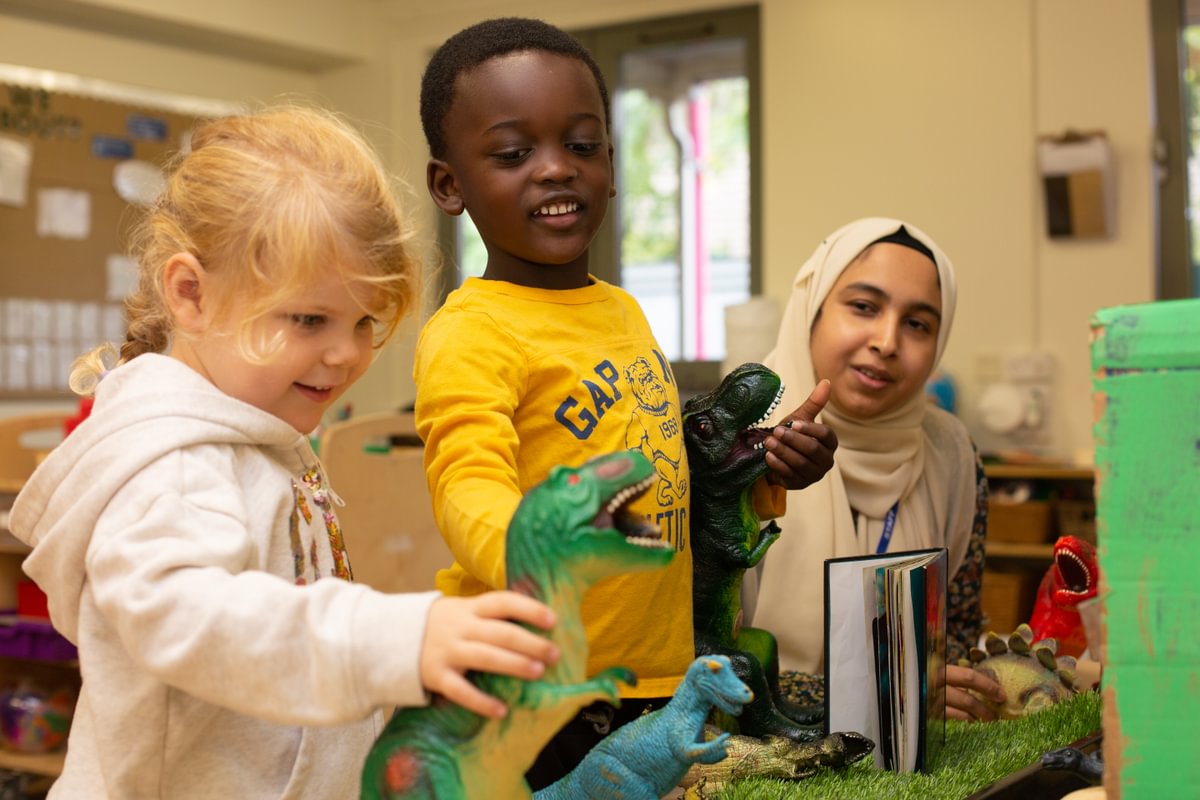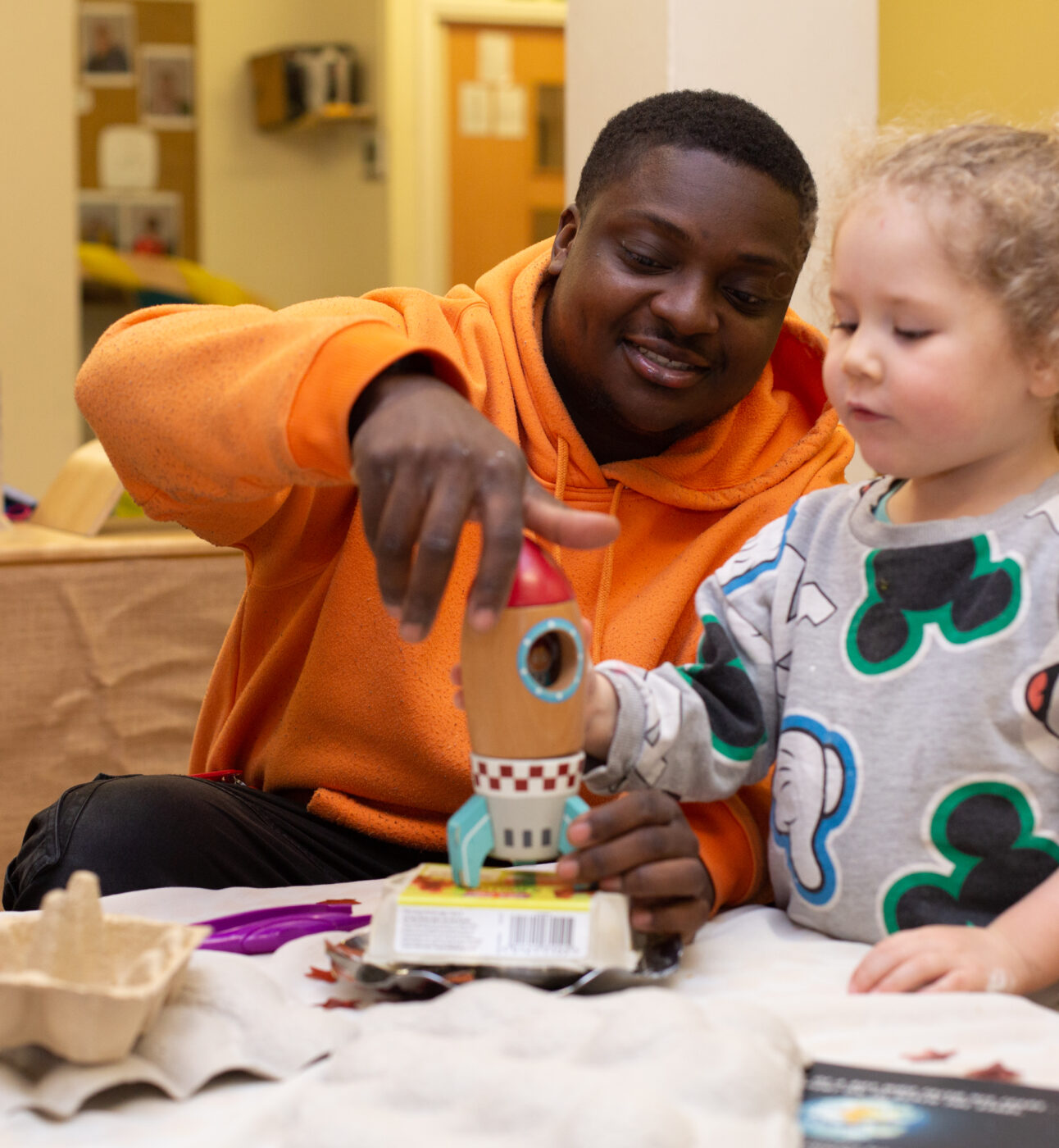
Could Social Enterprises fix the Childcare System?
Why the social enterprise model could be the solution to fixing England’s broken childcare system by expanding access to the communities that need it most. England is…
January 30th 2019
I am not always great at taking my own advice, which in this case is to take a few days away from the office to “think”. I have just had that thinking time in Manchester with social enterprise leaders as part of our membership of E3M.
Like all good training courses, there was a facilitator who needed to be flexible because as the conversation started to flow the topics started to shift and the real needs of the members emerged. There are always consistencies in lives of Social Enterprise leaders. Here are those familiar ones:
* Finance and Funds
* Governance and Trustees
* Creative futures also known as strategy
* Management and Operations
* Commissioning and Procurement
* Survival Tactics
* Brexit Planning
We also had the benefit of a speaker from the two Co-op Campaigns; one on modern slavery and the other on loneliness. Did you know that the group who suffer most from loneliness is new mothers? Did you know that loneliness has the same impact on mortality as smoking 15 cigarettes? Tell that to all the politicians who are closing children centres. The LEYF pedagogy has multi-generational at its heart as a means of addressing loneliness by connecting people as well as creating and supporting networks such as the Campaign to End Loneliness.
Generally, these issues are shared within a context of storytelling, case studies, crisis and good humour over a cup of tea, a good dinner and a glass of wine. (I can’t say too much as they keep quoting the Chatham House Rule – there is only one rule people!)
The best bit of the conversation for me was when we went back to our social purpose and how we drive social value. The revised Social Value Act was revisited and we wondered how we could better use it to drive more social value not just out of the usual tender documents but leases and management agreements.
For those of you who still struggle with the idea of a social enterprise, it’s the creation of a business where the model itself is the social purpose. It’s not about emulating businesses and instead of paying a dividend to shareholders doing something good with any surplus.
It’s about having a business model where the strategy, management and operations and profit are all driven through a social purpose. We are not about gaining a return on capital but to produce a social impact. Social business are often characterised by high levels of innovation and participatory transparent and collaborative governance based on solidarity and reciprocity. This is generally because we are trying to address intractable problems like poverty through infrastructure and system change in employment, education and housing.
Social businesses are subject to the same market signals, stresses and challenges as any other business. They also face identical problems of finance, recruitment, management, growth etc. However, according to Mohammed Yunus (2007):
“Social business has a better chance of changing the world than past idea because the concept is so powerful yet so flexible and accommodating….rather than threatening the structure of business, it proposes a way to revitalize it.” – Yunus Pg 29
I use the LEYF model as an example and explain why we have a social purpose of changing the world one child at a time.
Why do we do this? Because despite knowing that all children benefit from high quality education but especially those from disadvantaged backgrounds, there are insufficient nurseries providing poor children with fantastic quality education and it’s not fair.
How do we do that? Through a cross subsidy model to ensure we can run nurseries in poor neighbourhoods as well as subsidising places in all our nurseries for children from poor and disadvantaged families who would not easily access the place otherwise.
What does this mean for staff? More inclusive culture, local employment. better training and development opportunities from apprentices to degree and everything in between.
Is the business model enough? No, it must be underpinned by a social pedagogy built on cultural and social capital.
What does success look like? Children exceed their developmental measures, parents more engaged, better community engagement, strong partnerships locally, higher than industry staff retention and a collective understanding of how each person adds to our social value.
My ideal is that we have a High Street of social enterprises because they can help drive social transformation and create a successful challenge to the prevailing conditions of society in which we live and work to drive a positive, fundamental, and lasting change.

Why the social enterprise model could be the solution to fixing England’s broken childcare system by expanding access to the communities that need it most. England is…

Social enterprises are driven by social justice and deliver a range of public services including health, social care, children, services, education, homelessness, housing, domestic abuse, public health, leisure, culture, employment,…

“Educating the mind without educating the heart is not an education at all” An invitation to the annual Margaret Horn Debate. Over ten years ago, we started the annual…